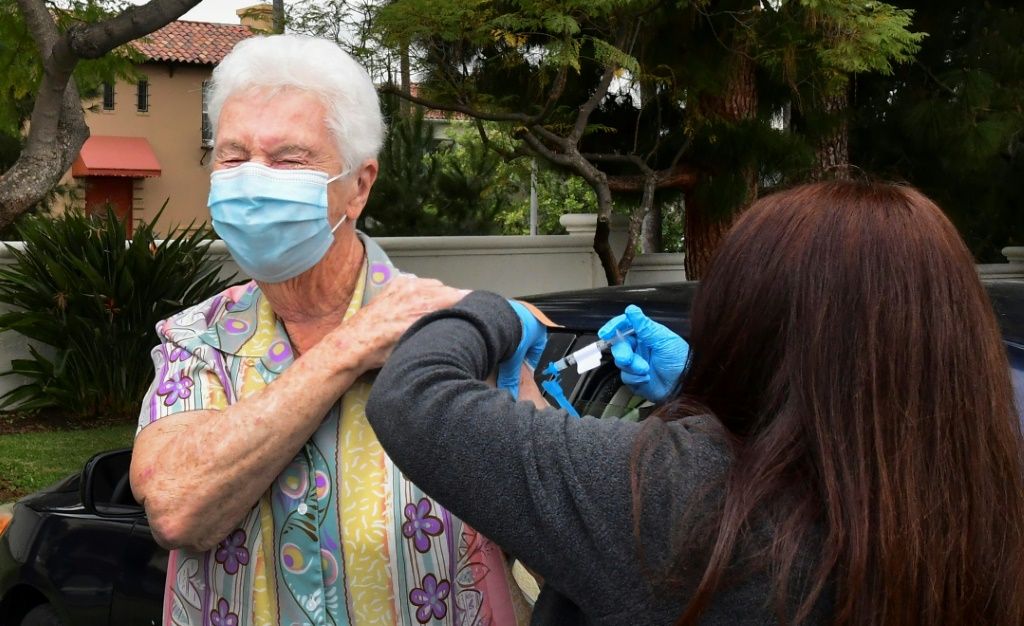The hesitancy to get the updated COVID-19 booster has put many adults in the U.S. in danger of catching the viral disease.
The latest Morbidity and Mortality Weekly Report from the Centers for Disease Control and Prevention (CDC) pointed out the “relatively little” protection vaccinated adults have after skipping the bivalent booster shots.
According to the CDC, the bivalent mRNA vaccine boosters from Pfizer and Moderna provide protection against COVID-19. However, the durability of such protection was unknown, so it determined the estimated durability of the boosters in preventing COVID-associated hospitalization and critical illness.
The public health agency found that the bivalent booster vaccine effectiveness against COVID-associated hospitalization dropped from 62% at 7-59 days postvaccination to 24% at 120-179 days in adults aged 18 and above without immunocompromising conditions. This is compared to unvaccinated adults.
Among immunocompromised adults, booster vaccine effectiveness was observed against COVID-associated outcomes, including intensive care unit admission or death.
“Adults should stay up to date with recommended COVID-19 vaccines. Optional additional bivalent vaccine doses are available for older adults and persons with immunocompromising conditions,” the CDC wrote.
“Results of this analysis indicate that these adults might have relatively little remaining protection against COVID-19-associated hospitalization compared with unvaccinated persons, although might have more remaining protection against critical illness,” the agency added.
When the bivalent booster shots rolled out last September, experts were hoping for a better uptake than just 20% of U.S. adults as of May 10, according to U.S. News & World Report.
Last month, the Food and Drug Administration (FDA) authorized additional booster shots for people deemed vulnerable to severe COVID-19 illness, including those aged 65 and above and the immunocompromised.
Federal officials are reportedly…
Read the full article here








